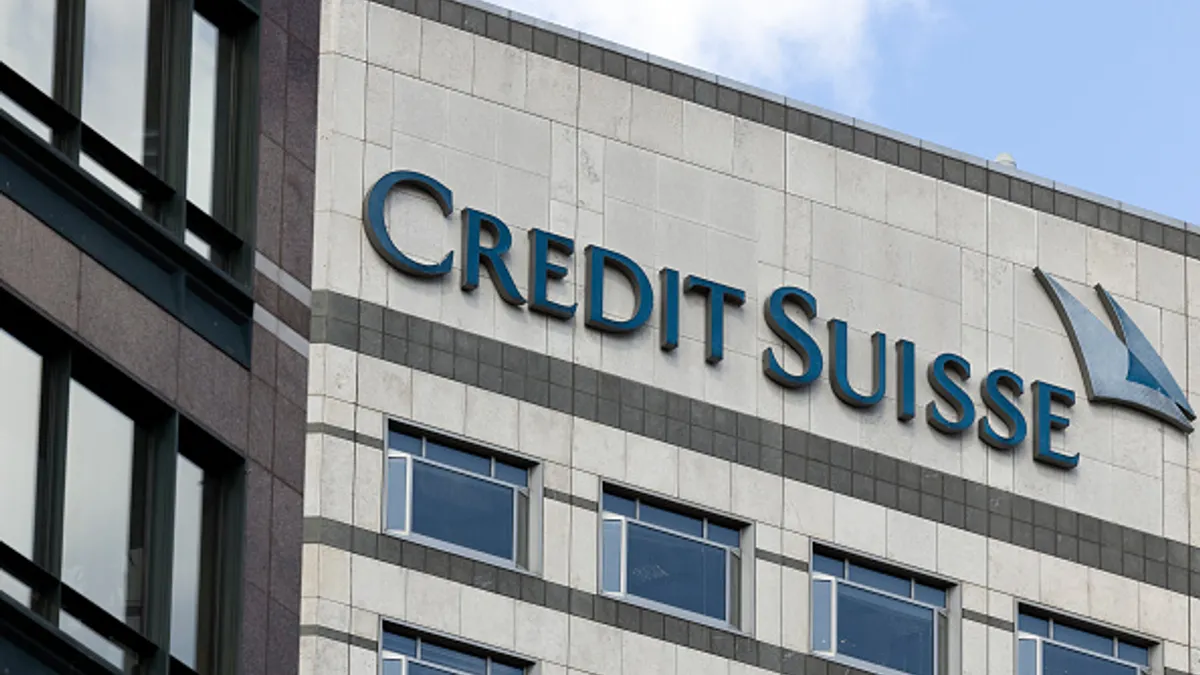The U.S. Department of Justice is expanding its probe into Swiss lender UBS over alleged compliance issues that allowed some Russian clients to avoid sanctions, people familiar with the situation told Bloomberg.
Bloomberg reported Wednesday that an investigation into several banks morphed into one focusing on Credit Suisse, which UBS bought in June as part of a rescue deal backed by the Swiss government.
The DOJ has asked UBS for information on how it, and Credit Suisse, have handled accounts of clients who have been sanctioned in relation to Russia’s 2022 invasion of Ukraine and its annexation of Crimea in 2014, sources told Bloomberg.
Hundreds of Russians have been sanctioned by the U.S. over the past 10 years for various geopolitical reasons.
UBS shares, which have gained 30% since its March 19 takeover of Credit Suisse, took a dive following Bloomberg’s report. The Swiss Stock Exchange temporarily halted trading after an 8% dive, but shares partially recovered after trading resumed.
“The initial share price reaction seemed excessive, however, this probe illustrates the contingent liabilities risks that UBS is exposed to after its acquisition of Credit Suisse,” Kepler Cheuvreux analyst Nicolas Payen wrote in a note to Bloomberg.
News of the probe follows prior investor concerns of Credit Suisse’s compliance failures, and how they might affect UBS.
The Federal Reserve fined UBS $268.5 million in June in connection with “unsafe and unsound counterparty credit risk management practices” between Credit Suisse and defunct investment fund Archegos, which Credit Suisse failed to adequately manage the risk of despite repeated warnings. The exposure ultimately cost the Swiss bank roughly $5.5 billion in March 2021.
UBS lawyers have been briefed by the DOJ, according to Bloomberg’s Wednesday report, about Credit Suisse’s alleged misdoings related to sanctions violations. The DOJ is also looking into potential compliance failures at the acquirer, Bloomberg said.
Spokespeople for UBS and for the DOJ declined to comment to Bloomberg, CNN or Reuters.














